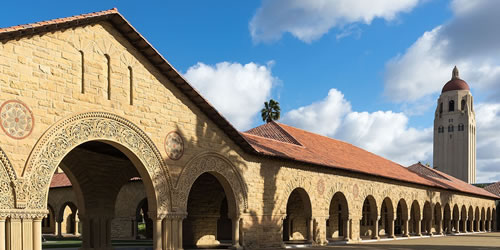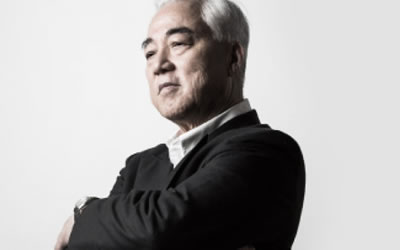Interview with PhD Toshio Nishi, Hoover Institution, Stanford University
- RISU had a chance to interview PhD Toshio Nishi, Hoover Institution, Stanford University on the American and Japanese education system and personal growth.
- American and Japanese grade-based batch education systems have remained unchanged since the Industrial Revolution.


Q1: What are factors driving personal growth in young children?
Based on my experience, reading a lot of books is most important. Since humans think with languages within their brain and communicate with each other mainly through language, building a large vocabulary, improving comprehension, and acquiring skills to construct clear, concise, and easy-to-understand sentences are crucial to personal growth when young.
Reading a good number of books and varying the books is the best way to acquire vocabulary and improve comprehension.
Children should start early and acquire vocabulary by the time they are 16 to 18 years old.
Q2: What are some current challenges and problems within the American and Japanese education system?
The current education system was designed to produce a batch of factory workers and is outdated.
I feel that the current system and many parents focus too much on academics in early grades. Children need more freedom and more time for playing outside to build their health, body, and autonomy.
Exposure to non-academic subjects such as music, arts, sports, and crafts is also very important in order for children to understand that academics is only one part of their life. Having confidence in multiple areas gives the child more resilience. Since the current education system is outdated, parents need to fill the gap between what schools offer and what students need.
Q3: What skills should current students acquire to be successful?
It is not a student issue but a parent issue. Parents need to change for their children to be successful.
Children can push their limits by themselves, take risks, and challenge success if they have confidence and full trust from their parents. For instance, if your child gets 80 points out of 100 points, never blame your child for the 20 points lost. Instead, praise your child for their efforts to get 80 points. If you blame your child for the 20 points missed, your child will lose the willingness to study and challenge risky but rewarding things.
In addition, parents need to communicate the importance of academics frequently.
Q4: With the acceleration of technological innovation, AI has started changing our society too. What are some skills or capabilities that students should acquire to adapt to and lead the coming society?
Parents and schools need to nurture their child’s curiosity. All babies are born curious, but parents and schools diminish that curiosity as children grow. Parents also need to fully trust and help their child to build confidence not only in academics, but also in many other areas; they also need to provide their child chances to experience the positive sensation of achievement and pleasure of acquiring knowledge.
With these positive experiences and confidence, the child can challenge risky opportunities to succeed. Also, the child will keep on challenging themselves even if they face temporary failure or tough situations.